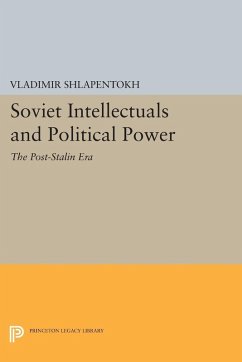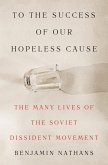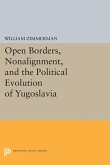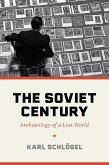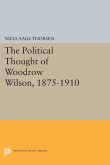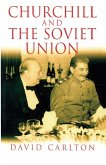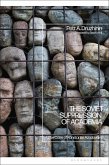In this unprecedented work on the status and role of intellectuals in Soviet political life, a former Soviet sociologist maps out the delicate, often paradoxical, ties between the political regime and the creative thinkers who play a major part in the movement toward modernization. Beginning with Stalin, Vladimir Shlapentokh explores the mutual need and antagonism that have existed between political leaders and intellectuals. What emerges is a fascinating portrayal of the Soviet intellectual network since the 1950s, which touches on such topics as the role of literature and film in political opposition, levels of opposition (open, legal, and private), and the spread of paranoia as fueled by the KGB. Throughout he shows how the intellectual communityusually a cohesive, liberal grouphas fared under Khrushchev's cautious tolerance, Brezhnev's repressions, and now Gorbachev's Glasnost.
Shlapentokh maintains, however, that under Glasnost freer speech has revealed a more pronounced divergence between liberal and conservative thinkers, and has allowed for open conservative opposition to the reformatory measures of Gorbachev and the liberals. He argues that one of the strongest checks on reform is the growing presence of Russophilism--a movement supporting Russian nationalism and Stalin's concept of socialism--among the political elite and the masses. Although the role of the liberal intellectuals in the late 1980s was less prominent than it was in the 1960s, Shlapentokh asserts that they remain the major agent of modernization in the Soviet Union, as well as in other socialist countries.
Originally published in 1990.
The Princeton Legacy Library uses the latest print-on-demand technology to again make available previously out-of-print books from the distinguished backlist of Princeton University Press. These editions preserve the original texts of these important books while presenting them in durable paperback and hardcover editions. The goal of the Princeton Legacy Library is to vastly increase access to the rich scholarly heritage found in the thousands of books published by Princeton University Press since its founding in 1905.
Shlapentokh maintains, however, that under Glasnost freer speech has revealed a more pronounced divergence between liberal and conservative thinkers, and has allowed for open conservative opposition to the reformatory measures of Gorbachev and the liberals. He argues that one of the strongest checks on reform is the growing presence of Russophilism--a movement supporting Russian nationalism and Stalin's concept of socialism--among the political elite and the masses. Although the role of the liberal intellectuals in the late 1980s was less prominent than it was in the 1960s, Shlapentokh asserts that they remain the major agent of modernization in the Soviet Union, as well as in other socialist countries.
Originally published in 1990.
The Princeton Legacy Library uses the latest print-on-demand technology to again make available previously out-of-print books from the distinguished backlist of Princeton University Press. These editions preserve the original texts of these important books while presenting them in durable paperback and hardcover editions. The goal of the Princeton Legacy Library is to vastly increase access to the rich scholarly heritage found in the thousands of books published by Princeton University Press since its founding in 1905.
Dieser Download kann aus rechtlichen Gründen nur mit Rechnungsadresse in A, D ausgeliefert werden.

